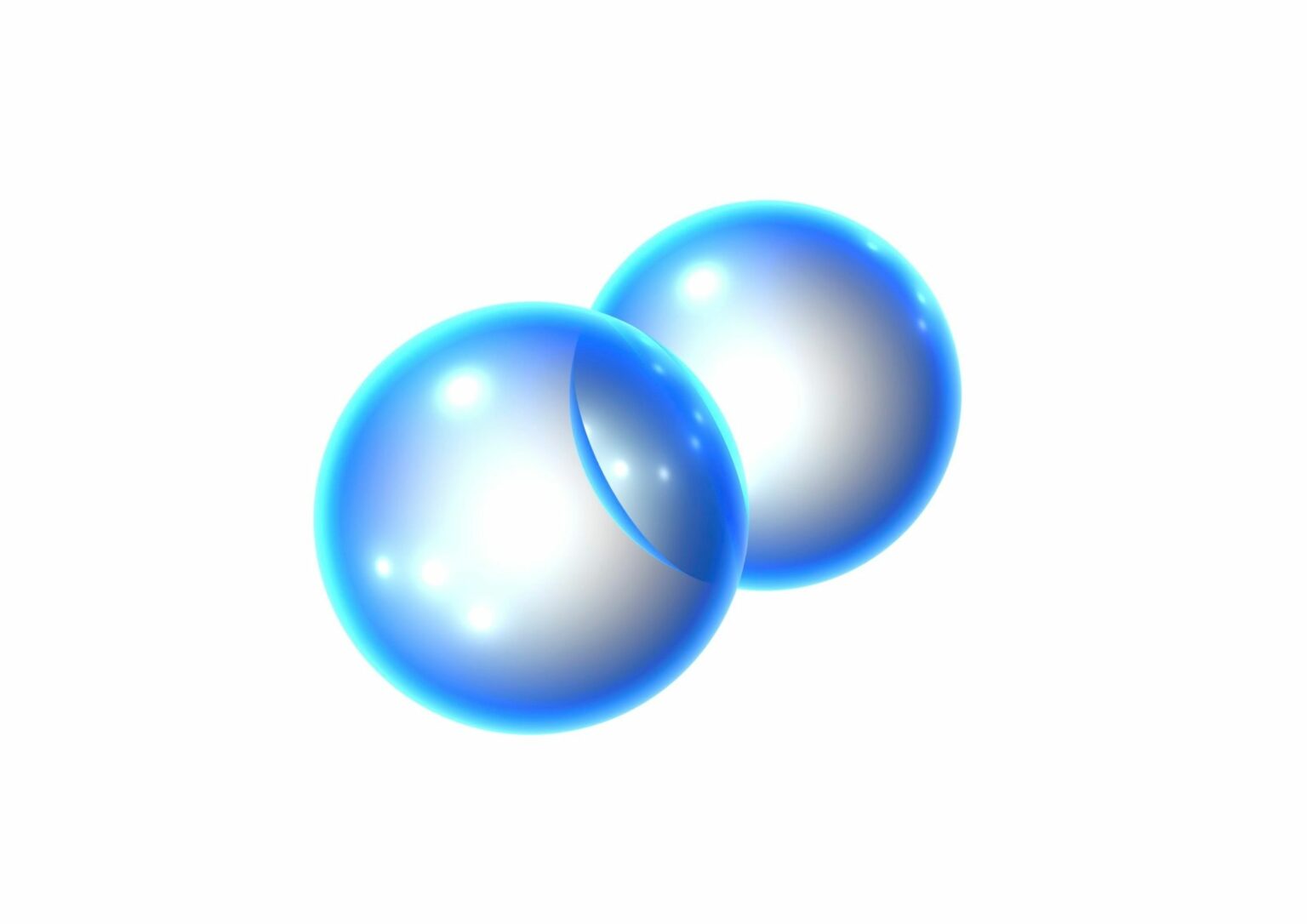Swedish scientists at Chalmers University of Technology are on the brink of extending the lifespan of hydrogen fuel cells.
By delving into why these cells wear out over time, they’ve identified that components such as electrodes and membranes degrade, thereby limiting the fuel cells’ longevity. This is particularly challenging for heavy commercial vehicles, which require a lifespan of 20,000 to 30,000 hours—far beyond the current capabilities of existing fuel cells.
Björn Wickman, Associate Professor at the Department of Physics at Chalmers, shared a critical insight: testing assumptions were flawed. Contrary to what was previously believed, the performance of disassembled fuel cells didn’t degrade as much as anticipated. This discovery was a turning point, allowing the team to study an entire fuel cell rather than just its parts.
Following the pathway of a single particle within a fuel cell, researchers noted several degradation factors, including heat and humidity. The voltage of the cathode electrode, which ideally should remain at 1.0 V, can spike to 1.5 V during engine operations, exacerbating the degradation process. Additionally, the presence of platinum, crucial for manufacturing, accelerates wear and tear.
“We have now laid a foundation on which to build for the development of better fuel cells,” says Wickman. Understanding these degradation processes allows for the potential identification of new materials that could significantly extend the fuel cells’ lifespan.
